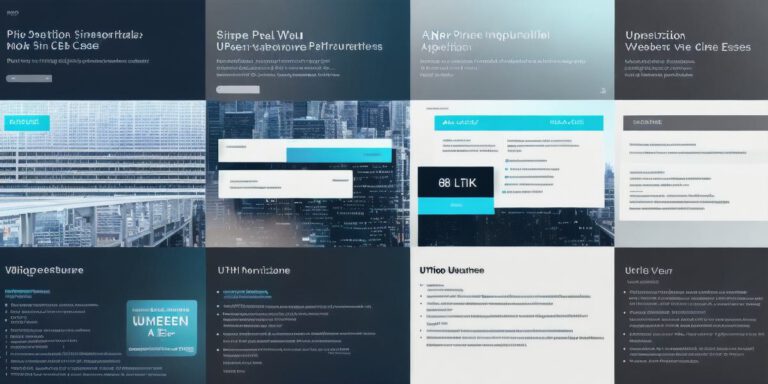Empowering Users: How Web 3.0 Puts Control of Data in Your Hands

The internet has transformed our lives in countless ways, but one area where it could still do a lot better is data ownership and control. With Web 3.0, users can take back the reins and put their own data at the center of the online world.
Web 3.0 refers to the next generation of the internet, which aims to decentralize data and applications, enabling users to have more control over their personal and sensitive information. This is achieved through blockchain technology, which provides a secure and transparent way for users to store and share data.

One of the key benefits of Web 3.0 is that it allows users to take ownership of their own data. Instead of relying on centralized platforms like Facebook or Google to store and manage their information, users can use decentralized applications (dApps) to store and control their data themselves. This means they have greater control over what data is collected, how it’s used, and who has access to it.
Another benefit of Web 3.0 is that it enables interoperability between different dApps and services. This means users can easily move their data between different platforms without having to start from scratch every time. This makes it much easier for users to switch between different services and find the one that best suits their needs.
One real-life example of Web 3.0 in action is the decentralized identity platform, uPort. uPort allows users to store all their personal information on a blockchain, giving them greater control over their own data and making it easier for them to verify their identity online. This has a wide range of potential applications, from accessing financial services to voting.
Another example is the decentralized exchange, Uniswap. Uniswap allows users to trade cryptocurrencies without relying on centralized exchanges like Binance or Coinbase. This enables users to have more control over their trades and reduces the risk of being hacked or cheated by a central authority.
In addition to giving users greater control over their data, Web 3.0 also has the potential to improve the security of online transactions. Blockchain technology is inherently secure, making it much harder for hackers to tamper with data stored on the blockchain. This could have a major impact on industries like finance and healthcare, where data breaches can have serious consequences.
Of course, Web 3.0 is still in its early stages, and there are many challenges that need to be overcome before it becomes mainstream. But the potential benefits of putting users at the center of the online world are enormous, and it’s clear that Web 3.0 has the power to revolutionize the way we live and work.
FAQs:
Q: What is Web 3.0?
A: Web 3.0 refers to the next generation of the internet, which aims to decentralize data and applications, enabling users to have more control over their personal and sensitive information.
Q: How does Web 3.0 enable users to take ownership of their own data?
A: Web 3.0 uses blockchain technology to store and manage data in a secure and transparent way, giving users greater control over what data is collected, how it’s used, and who has access to it.








